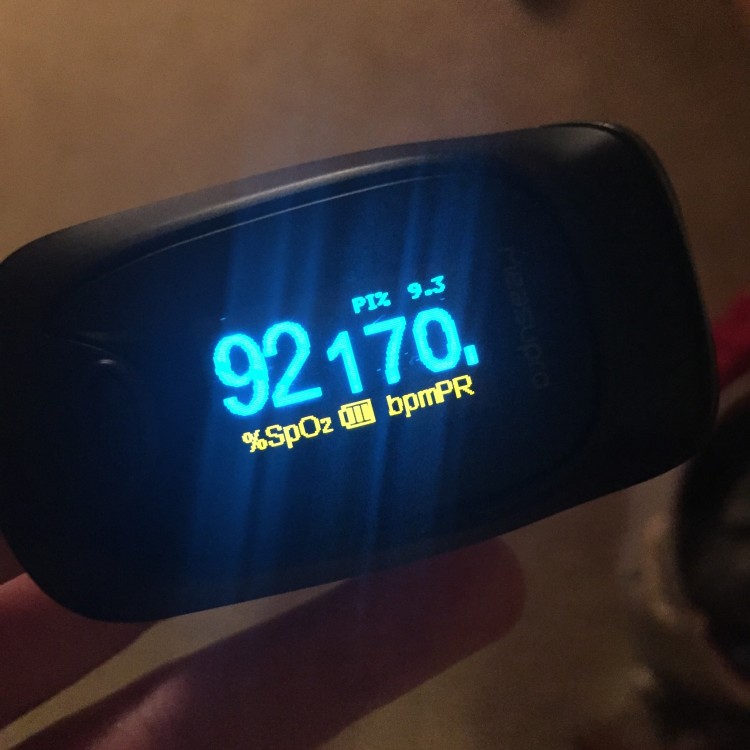I am an extrovert. One of my absolute favorite things is having spontaneous conversations with people in the hallway or the parking lot or when I run into them while picking out avocados in the grocery store. You never know what you might learn about someone or get to share about yourself in those moments when you both run into each other and decide to start talking.
But because I have dysautonomia (specifically postural orthostatic tachycardia syndrome (POTS) and inappropriate sinus tachycardia caused by Ehlers-Danlos syndrome), these types of spur-of-the-moment conversations, which often occur while standing, are also one of my worst fears.
Let me explain what happens while I’m standing somewhere having a conversation:
About two minutes in, I’ll start to get uncomfortable.

Within the next minute, uncomfortable will very quickly become unbearable. My heart rate will get high enough to make me think I’m running a marathon. I’ll get dizzy and lightheaded and nauseous all at once. I will get excruciatingly hot and start to sweat. I’ll probably also turn bright red. I will be able to feel each heartbeat in every single inch of my body so intensely I’ll think it’s actually visible. My heart won’t be able to keep up with gravity, and blood will pool in my feet. They’ll start to tingle and go numb and turn a little purple inside of my shoes. The muscles in my neck and shoulders will tense in an attempt to push blood back up toward my head. They will tense so much that pain will radiate from my clenched jaw to the base of my skull and all the way down my arms and back. And I will start to anticipate that these muscles will hurt more than usual for the next several hours because of how hard they are working right now. My ears will start to buzz and fade in and out like a radio station losing signal. And I will think about how if I could just sit down and have my water bottle and my fan, this would all go away and I could actually enjoy this conversation, in which I want so badly to be fully present. And then I will disconnect and start to panic about how I want so badly to escape, but also so badly to stay.
I’m often left with three choices:
1. Leave the conversation so I can sit down and relieve the madness happening inside my body.
2. Interrupt the conversation in an attempt to move locations so I can sit, and probably end it that way (“Oh, it’s fine, go sit…we can catch up more later!”). This requires a lot of explaining that takes away from the conversation and usually deters it.
3. Continue to stand there in agony, mostly disconnected from the conversation but pretending to be present while trying to hide the sweat on my forehead and the shifting of my feet and the lack of emotional response to anything the other person is saying. And regret it later when I know I pushed it too far.
This might seem trivial. But missing out on one conversation, whether it was 30 seconds or an hour long, means missing out on a shared moment, a potential friendship, the opportunity for human connection. And in a world where chronic illness already makes us feel so isolated, that is a big deal.
We want to hear your story. Become a Mighty contributor here.
Leadphoto via Thinkstock.

